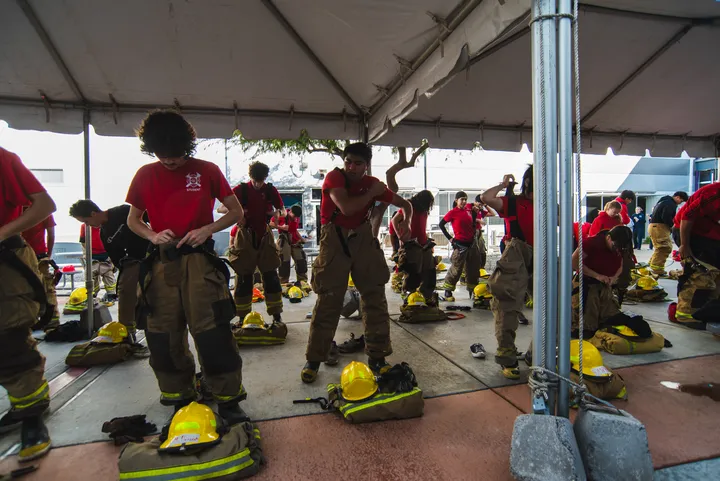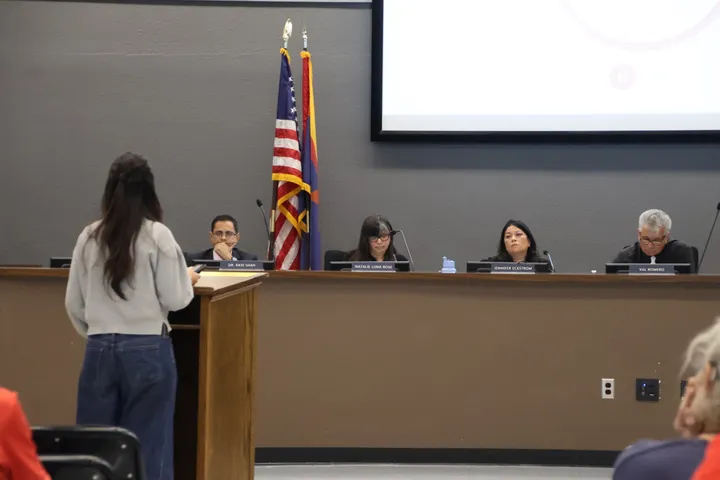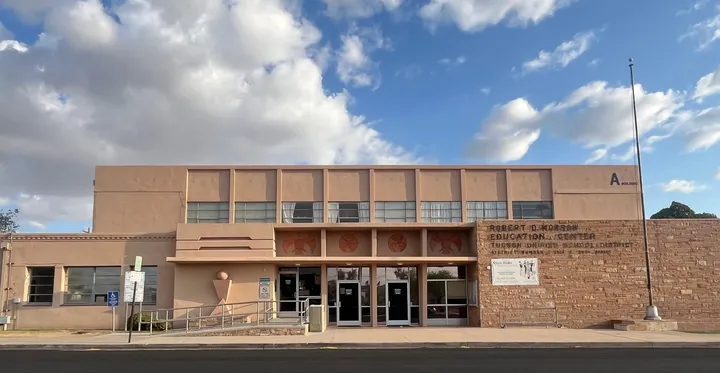Funding pause halts student storytelling workshops
A once-thriving Santa Cruz County storytelling program that helped students build confidence and find their voices has been put on hold due to a lack of funding.
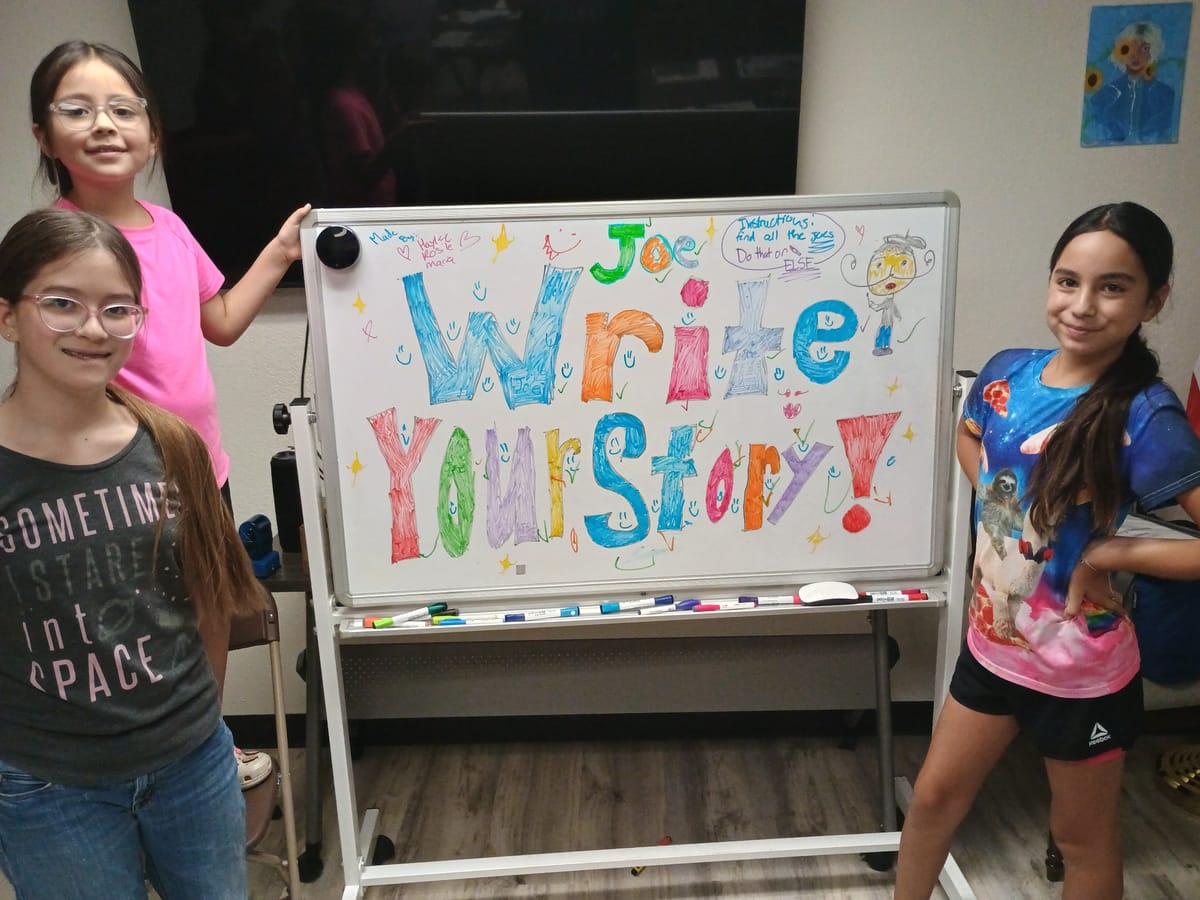
Students who once hid in the back of the classroom are now standing up, performing and sharing their lives with peers, an effect of Joe Wright’s Art of Storytelling workshops, which have been shuttered for now due to funding challenges.
A journalist and author, Wright has spent his career crafting stories of his own. Through the workshops, he has helped students in Santa Cruz County discover the power of telling theirs.
“In 2019, the Santa Cruz County superintendent asked me to do a seminar at Nogales High School,” he said. “I talked to the kids about writing, about the process of becoming a writer. I really enjoyed it.”
The seminar was a hit, and the district asked if he could turn it into something bigger. When the pandemic hit, he used his time to develop the curriculum, blending philosophy classes he was taking at the time into the lessons.
What started as a short seminar shifted into a two-week summer program and eventually expanded into a nine-month after-school program.
The Art of Storytelling has reached elementary, middle and high school students, and has been taught in sessions at the Boys & Girls Club. Most workshops include around 14 to 16 students.
The workshops trace the history of storytelling, each day combining history, discussion and hands-on creativity. The first lesson starts with cave paintings, with students studying ancient art and then using finger paints to tell their own life stories.
“It’s about showing them that even before we had words, humans needed to tell stories,” Wright said. “I want them to understand why we tell stories and why we share them.”
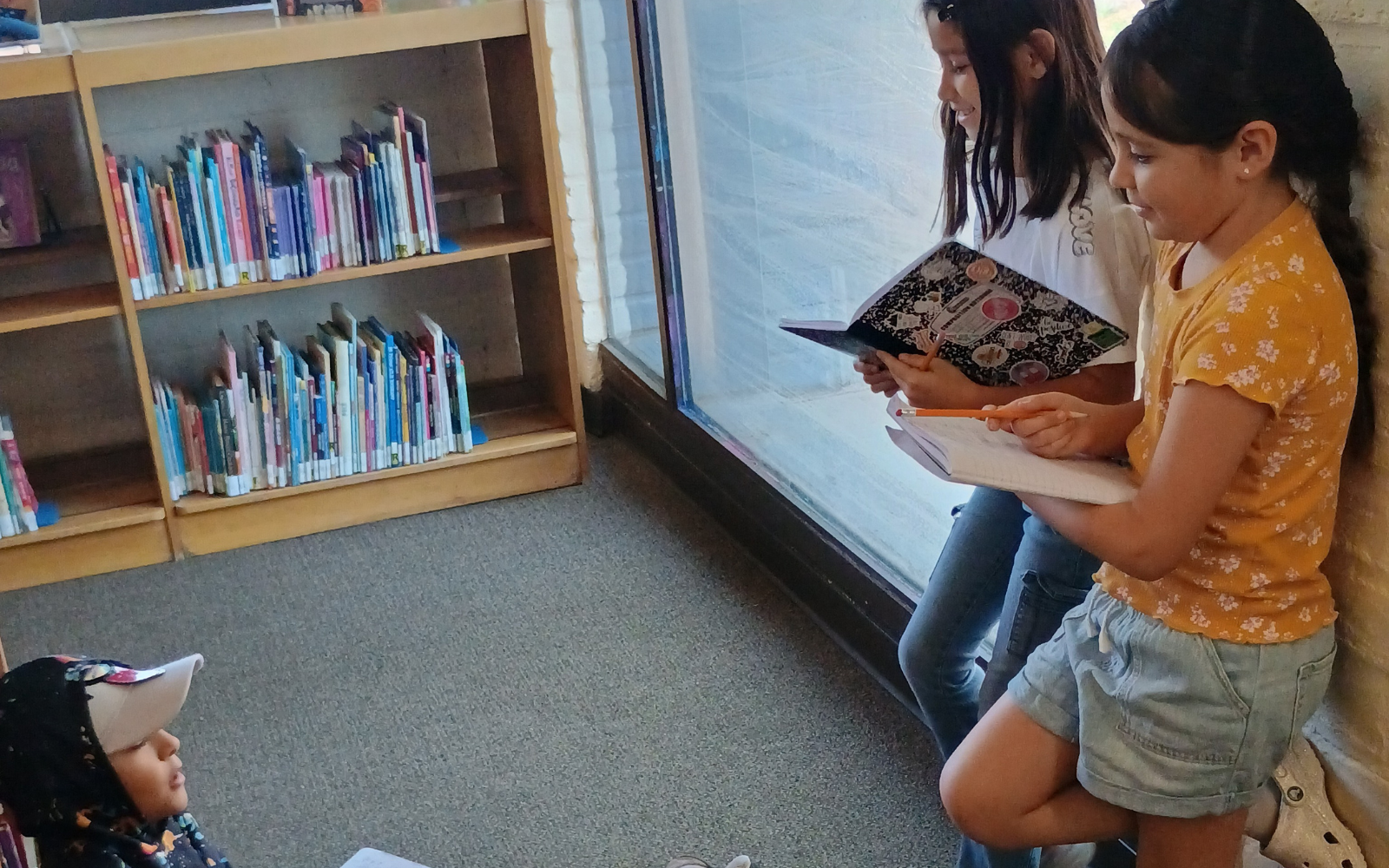
From there, the curriculum traces the evolution of storytelling throughout history, exploring mediums including verbal, performative, musical, written, informative and influential storytelling.
At the end of the program, students present a final project to their family and friends and leave with a certificate and, Wright says, a new sense of confidence.
Wright says the changes he sees in students are almost immediate and often noticed by parents and teachers.
“Within a week, kids who are too shy to say a word are standing up and presenting to the class,” he said.
He recalled a young boy who participated in the program three times after losing his father during the pandemic. At first, the boy came into the workshops withdrawn and isolated, but he slowly gained confidence, eventually joining a band at his school and making new friends.
“He told me the program gave him the confidence to own his story,” Wright said.
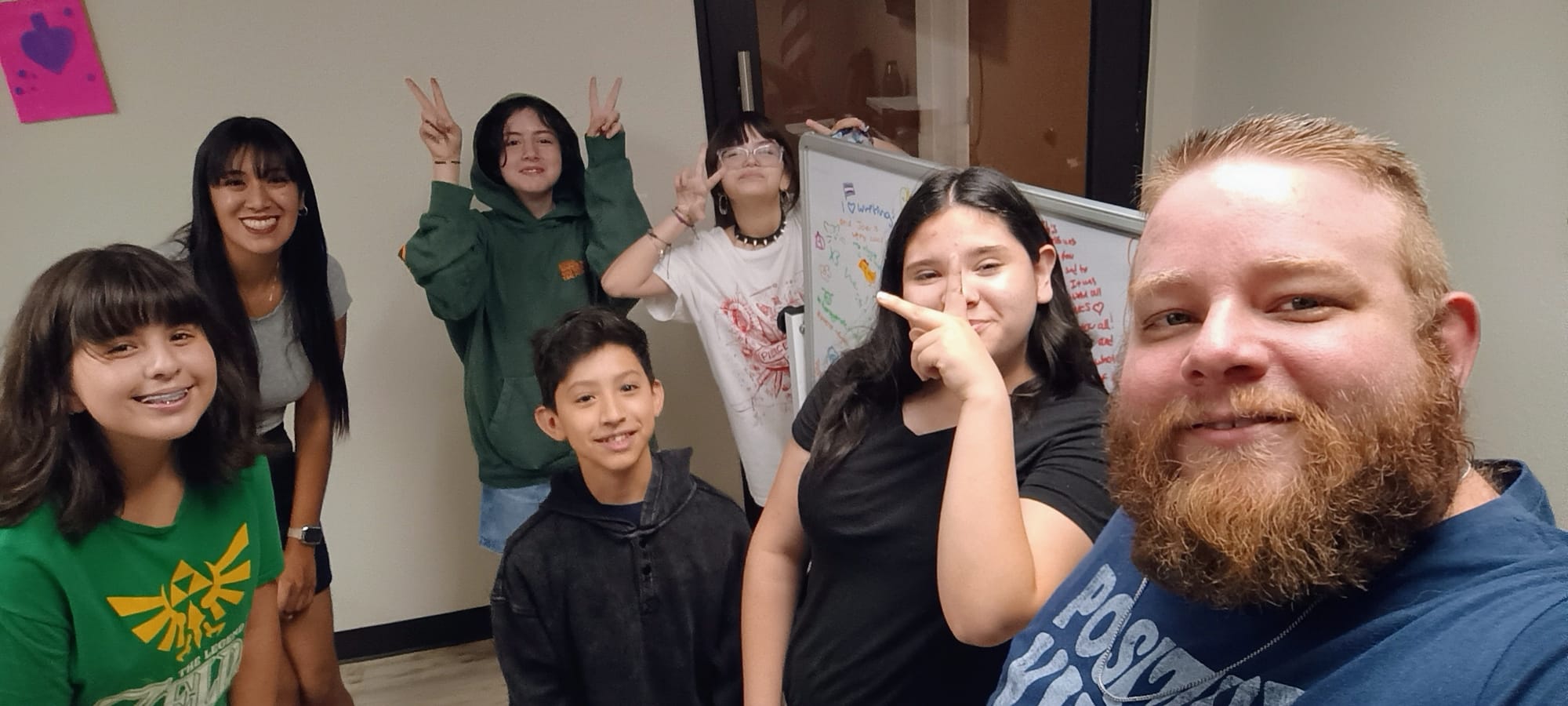
Wright sees storytelling as a form of empowerment that helps people make sense of the world, something he says students can carry into every part of their lives.
“Storytelling teaches empathy,” he said. “It’s about understanding yourself and others, and owning your story before someone else tells it for you. When kids share their writing, they’re not met with ridicule; they are met with encouragement. That moment of acceptance is powerful.”
But even with all its benefits, funding challenges have put the program on pause, with Wright teaching his final workshop for the foreseeable future over the summer at AJ Mitchell Elementary in Nogales, Arizona.
Despite the setback, Wright still hopes to expand the program and eventually teach adult workshops.
His mission, whether he’s teaching in a classroom, speaking around a campfire or writing on the page, is to remind young people that storytelling belongs to everyone.
“I believe in it so much,” he said. “I just need to figure out how to keep it alive.”
McKenna Manzo is a graduate student at the University of Arizona and Tucson Spotlight intern. Contact her at mckennamanzo@arizona.edu.
Tucson Spotlight is a community-based newsroom that provides paid opportunities for students and rising journalists in Southern Arizona. Please consider supporting our work with a tax-deductible donation.


